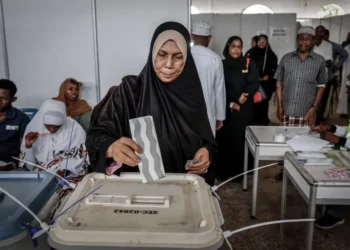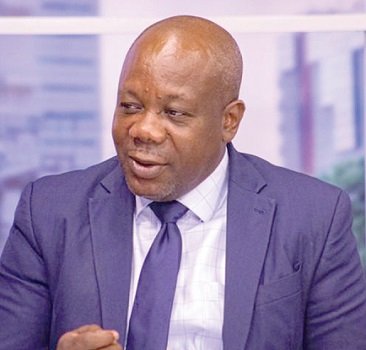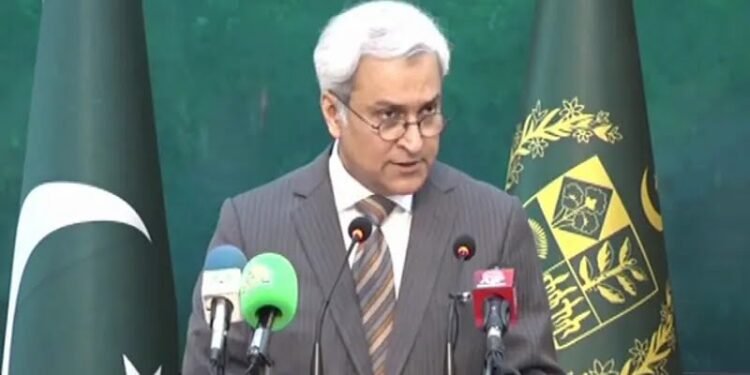In a bid to respond to what has been called the world’s worst humanitarian crisis, diplomats and international aid officials are convening in London today, April 15 for a high-level meeting aimed at alleviating the suffering caused by the ongoing war in Sudan.
The one-day conference, focused on humanitarian aid for Sudan, is hosted by Britain, France, Germany, the European Union, and the African Union.
Now in its second year, the conflict in Sudan has resulted in the deaths of tens of thousands, displaced more than 14 million people, and driven vast swaths of the nation to the brink of famine. While the conference does not aim to negotiate peace between the warring factions, it seeks to galvanize the international community to boost humanitarian support for those impacted.
Notably absent from the conference are representatives from Sudan’s government and the Rapid Support Forces (RSF), the two sides locked in a devastating civil war. According to organizers, neither party was invited, emphasizing the focus on humanitarian relief rather than political engagement.
“The brutal war in Sudan has devastated the lives of millions – and yet much of the world continues to look away,” said British Foreign Secretary David Lammy, who visited the Chad-Sudan border earlier this year.
“We need to act now to stop the crisis from becoming an all-out catastrophe, ensuring aid gets to those who need it the most.”
British Foreign Secretary David Lammy

Sudan descended into violence on April 15, 2023, when long-standing tensions between the national military and the RSF erupted into full-blown warfare. The capital city of Khartoum quickly became a central battlefield, and the violence has since engulfed much of the country. Though official figures estimate the death toll at 20,000, experts believe the actual number is significantly higher.
Millions Displaced In Sudan As Hunger Grows
Over the weekend, the United Nations confirmed that more than 300 civilians were killed in renewed violence in Darfur, a region that has seen repeated cycles of conflict. While Sudan’s military recently regained control of Khartoum, the RSF still commands large portions of Darfur and several other territories.
The war has had catastrophic effects on Sudan’s population. Over 14 million people have been displaced internally, while more than 3 million have fled to neighboring nations like Egypt and Chad. The World Food Program estimates that nearly 25 million Sudanese — around half the country’s population — are now facing extreme hunger.
The spillover effects are also being felt beyond Sudan’s borders. Humanitarian organization Oxfam warned that the Sudan conflict is fast becoming a regional emergency. In neighboring South Sudan, which is still recovering from its civil war, the influx of Sudanese refugees has exacerbated local resource shortages and stoked simmering tensions.
“The arrival of people fleeing Sudan’s conflict has put more pressure on already scarce resources, which is deepening local tensions and threatening the fragile peace.”
Oxfam
The conference in London includes participation from officials representing Western governments, regional powers, and international institutions. Although the United States recently scaled back its foreign aid commitments, it is expected to have representation at the talks.
In advance of the gathering, Foreign Secretary Lammy unveiled a significant new funding pledge of £120 million (approximately $158 million) for humanitarian relief in Sudan. The aid package is expected to provide food assistance for at least 650,000 individuals over the coming year and will come from Britain’s shrinking foreign aid budget.
Earlier this year, the U.K. reduced its aid spending from 0.5% to 0.3% of Gross Domestic Product in order to allocate more funds for military purposes. Despite the cutbacks, Prime Minister Keir Starmer has reaffirmed his government’s commitment to prioritizing humanitarian responses in Sudan, Ukraine, and Gaza.
As international leaders meet in London to confront the deepening crisis, the hope is that the global community will respond with urgency to prevent further suffering in Sudan — and to keep the crisis from spiraling into a broader regional disaster.
READ ALSO: Removal of Chief Justice Highlights Systemic Flaws

